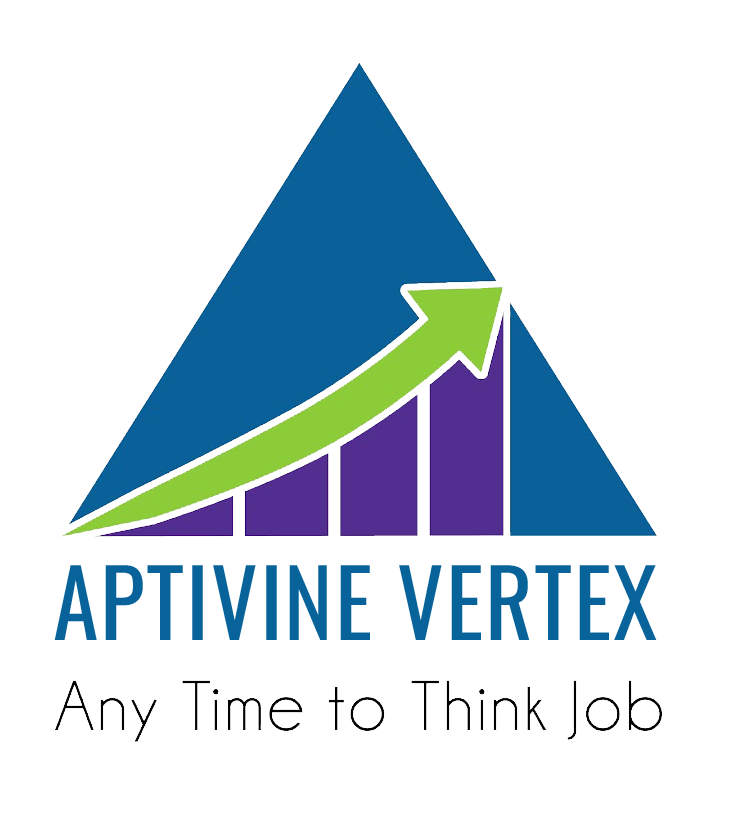Course Title: HR Statutory and Pay-Roll Compliance Training Course.
Poster
| Date : | ||
| Location | No of Seats | Freebies |
| Hyderabad, Bangalore, Chennai. | 70 | Food, Notes, Pen, Material |
| Method | Premises | Experts |
| Live Training | Banquore Hall | Professional Trainers, Hrs |
Course Description:
HR Statutory and Payroll Compliance Training Course is designed to provide in-depth knowledge and practical skills related to HR compliance, statutory requirements, and payroll management. This course is essential for ensuring that HR professionals and payroll managers adhere to legal regulations and standards in managing employee compensation and benefits.
Course Content:
1. Introduction to HR Statutory Compliance
- Legal Framework: Overview of labor laws and regulations governing employee rights, workplace standards, and employer obligations.
- Regulatory Bodies: Understanding the role of various regulatory bodies and agencies in enforcing HR compliance.
2. Key Statutory Requirements
- Employment Laws: Detailed study of employment laws including minimum wage, working hours, overtime, and leave entitlements.
- Health and Safety Regulations: Compliance with workplace health and safety laws to ensure a safe working environment.
- Anti-Discrimination Laws: Understanding laws related to equal employment opportunity, anti-discrimination, and diversity.
3. Payroll Compliance
- Payroll Fundamentals: Basics of payroll processing, including calculating salaries, bonuses, and deductions.
- Tax Compliance: Managing income tax withholding, social security contributions, and other mandatory tax obligations.
- Benefits Administration: Handling employee benefits such as health insurance, retirement plans, and other statutory benefits.
4. Compliance Documentation and Reporting
- Record Keeping: Best practices for maintaining accurate and compliant records related to employment, payroll, and benefits.
- Reporting Requirements: Understanding and fulfilling statutory reporting requirements, including tax filings and benefits reports.
5. Handling Audits and Inspections
- Audit Preparation: Preparing for and managing internal and external audits related to payroll and HR compliance.
- Responding to Inspections: Strategies for handling inspections from regulatory authorities and ensuring compliance during audits.
6. Dispute Resolution and Legal Compliance
- Handling Disputes: Managing disputes related to payroll and compliance issues, including employee grievances and legal claims.
- Legal Consequences: Understanding the potential legal consequences of non-compliance and how to mitigate risks.
7. Technology and Tools
- Payroll Software: Introduction to payroll systems and software used for processing and managing payroll efficiently.
- Compliance Tools: Utilizing tools and resources to stay updated with changing regulations and ensure ongoing compliance.
8. Best Practices and Case Studies
- Case Studies: Analyzing real-world scenarios and case studies to understand practical applications of compliance principles.
- Best Practices: Implementing best practices for maintaining compliance and managing payroll effectively.
9. Updates and Continuing Education
- Regulatory Updates: Staying informed about changes in laws and regulations that affect HR and payroll.
- Professional Development: Exploring opportunities for further education and certification in HR compliance and payroll management.
10. Assessment and Certification
- Evaluation: Regular assessments to test understanding and application of statutory compliance and payroll management concepts.
- Certification: Earning a certification or credential upon successful completion of the course.
Teaching Methods:
– Interactive lectures and discussions
– Group activities and role-playing exercises
– Case studies of Organization scenarios
– Video analysis and feedback sessions
Assessment:
– Participation in class activities and discussions
– Written reflections and self-assessments
– Peer and instructor evaluations
Who can Learn:
1. HR Professionals
- HR Managers and Generalists: Those who manage or oversee HR functions and need to ensure compliance with legal and statutory requirements.
- HR Coordinators and Assistants: Individuals responsible for day-to-day HR operations and payroll processing.
2. Payroll Specialists and Managers
- Payroll Managers: Professionals who oversee payroll operations and need to ensure accurate and compliant payroll processing.
- Payroll Clerks: Individuals involved in the administration of payroll, including salary calculations, deductions, and benefits.
3. Compliance Officers
- Compliance Managers: Professionals focused on ensuring adherence to legal standards and internal policies within organizations.
4. Finance and Accounting Professionals
- Finance Managers: Those who work closely with payroll and need to understand compliance issues related to financial reporting and tax obligations.
- Accountants: Professionals handling financial records who need to be aware of payroll compliance and statutory requirements.
5. Small Business Owners and Entrepreneurs
- Business Owners: Owners of small or medium-sized enterprises who manage HR and payroll functions and need to comply with legal regulations.
6. Legal and Regulatory Professionals
- Employment Lawyers: Legal professionals specializing in labor laws and employment issues who need to stay updated on compliance matters.
- Regulatory Consultants: Consultants advising businesses on compliance with statutory requirements.
7. Students and Recent Graduates
- HR Students: Those studying human resources, labor laws, or related fields who want to gain practical knowledge and skills in compliance.
- Recent Graduates: New entrants to the HR or payroll field seeking to enhance their understanding of statutory and payroll compliance.
8. Career Changers
- Professionals Transitioning to HR: Individuals looking to move into HR or payroll roles who need to acquire knowledge of compliance and payroll management.
9. Administrative Professionals
- Office Administrators: Administrative staff involved in HR or payroll functions who need to understand compliance requirements.
10. Human Resources Consultants
- Consultants: HR and payroll consultants who need to stay current with compliance regulations and best practices to provide accurate advice to clients.
Highlights
- Earn a certificate after successful completion of the program
- Learn from industry experts
| Duration | Total fee | Mode of learning | Credential | Offered by |
| 35 Hours | Free | Classroom | Certificate | APTIVINE VERTEX |
